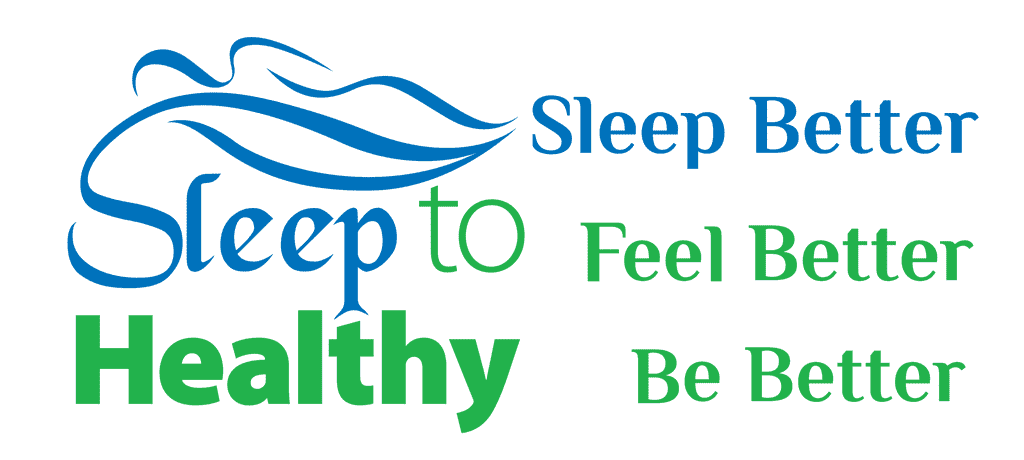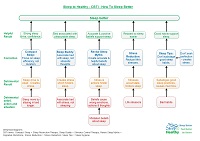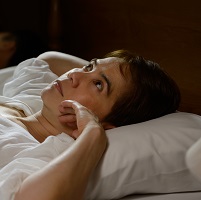
Sleep Restriction Therapy: Your New Sleep Metric Lesson 5B
Click title to see more…
Recommended: Go To: Lesson 5 Website for the complete & free “Cure you Insomnia” course and a better web experience. Contact Dennis: Voice message or text: 408-990-3882 or dennis@sleeptohealthy.com
Lesson Summary on Sleep Restriction Therapy:
- Compact sleep is about the time you spend in bed verus asleep. It is one of the functions and mechanisms of sleep.
- A bad strategy to deal with insomnia is to spend more time in bed trying to sleep. But this makes sleep more elusive. It is not how to cure insomnia.
- Do I have insomnia? Non-compact sleep is a reliable sign you do. Use sleep restriction therapy to cure it.
- The way sleep works: 1 – You build up enough sleep pressure. 2 – Your circadian rhythm prepares your brain and body for sleep. 3 – Your brain checks that it is safe to sleep.
- You can’t make sleep happen, you only improve the probability it will happen. One way is with sleep restriction.
- Things you do or have that are not on the CBTi or Cognitive Therapy for Insomnia ciriculum likely by themselves don’t make you sleep.
- Compact sleep increases your sleep drive and re-builds your sleep confidence.
- Compact sleep is measured by sleep efficiency: Time sleeping / Time in bed. It answers “Do I have insomnia?”
- If you have a low sleep efficiency, it is a better predictor that you have insomnia than how long you sleep. That makes it your new sleep metric.
- To measure and improve your sleep efficiency, see the Links section.
- Normal sleep efficiency is 80% to 90%. Compacting your sleep will get you to this goal.
- It is normal to awaken at night. A person needing 7 hours of sleep with 80% sleep efficiency is awake 1 3/4 hours.
- To compact your sleep you set a sleep duration and then adjust based on your efficiency. See the Links section for details on how to do this.
- When compacting your sleep you may notice that you feel and function better on less sleep.
- Compacting your sleep is hard to do. Use caution if alertness is essential for safety reasons or if a medical or mental condition might be adversely affected. Consult your health care professional 1st.
- Compacting your sleep is the hardest but fastest way of improving your insomnia.
- Napping is discouraged while compacting, but allowed if done right: 20 to 25 minutes maximum and before 4 pm.
- Over the long run it is easy to fall back into low sleep efficiency. Sign up below to be reminded occasionally to check your sleep efficiency.
- Dr. Daniel Erichsen’s BedTyme app with personalized coaching included can help you be successful at CBTi. It include sleep restriction therapy for insomnia.
Assignment:
- Compact your sleep using the resources in the Links section.
Links:
Dr. Daniel Erichsen’s BedTyme Website & App with personal coaching








Sleep To Healthy Thoughts